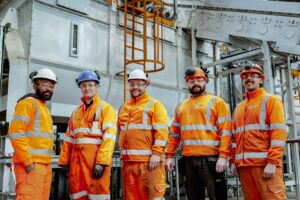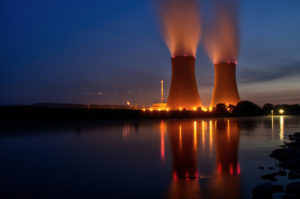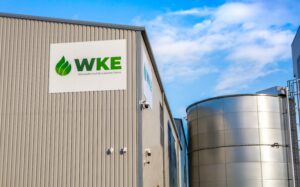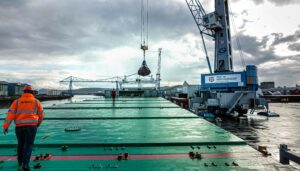Fuelling industry and mitigating climate change
At WKE, we have made it our mission to develop a waste-derived alternative fuel that stands up to the challenges faced by heavy industry, including cement, power, steel and brick.
Used as part of your carbon-reduction journey or in place of conventional fuel altogether, solid improved recovered fuel (SIRF) pellets can help heavy industries boost their ESG profiles and make the world a greener place.
“Our goal is to produce a quality, stable and compliant fuel which will enable our customers to enhance their ESG scores with a cleaner energy at a lower cost.” – Ian Jones – CEO
INDUSTRIES
Power
SIRF pellets have a significantly lower cost per gigajoule of energy, and the raw material is sourced locally.
Steel
SIRF pellets offer stability in terms of specification and price, and benefits for companies reporting on ESG scores.
Cement
Gate fees for SRF could peter out. SIRF pellets offer a more consistent and ecological solution.
Brick
As a substitute for natural gas in brickmaking, there are significant pollution-reducing benefits to using SIRF pellets.

Gasification
SIRF pellets provide a stable and consistent feedstock, improving the reliability and predictability of gasification operations.
Insights
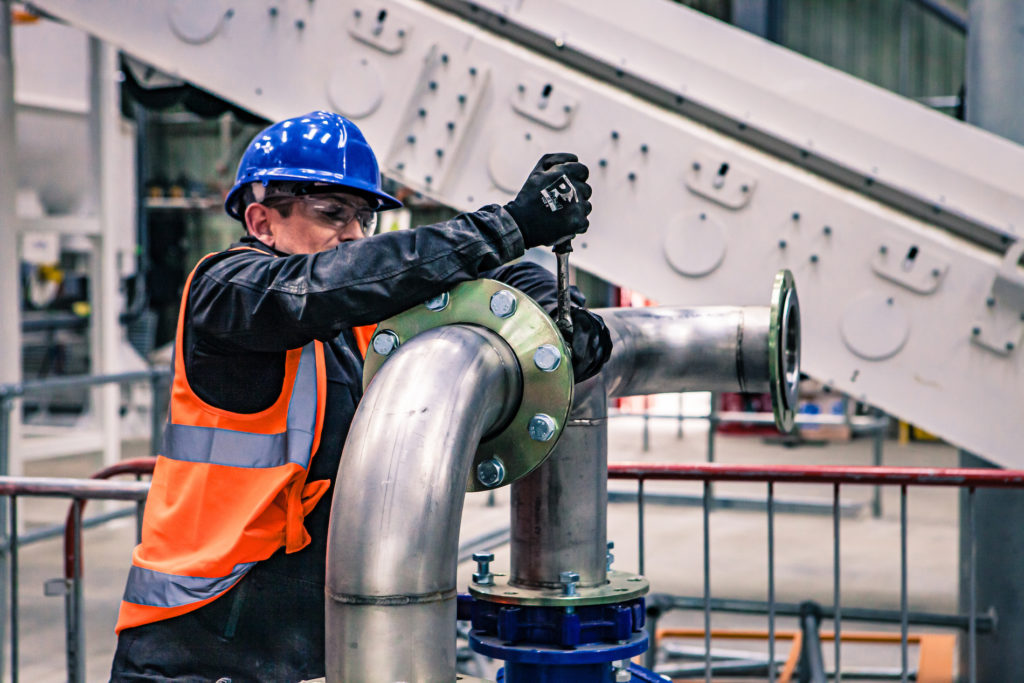
SIRF pellet benefits at a glance
- SIRF pellet production: 108kg CO2 per tonne
- Coal (electricity): 2,223kg CO2 per tonne
- Coking coal: 3,222kg CO2 per tonne
- Wood pellet production including transportation from the USA:123kg CO² per tonne
- Calorific Value: 19 to 21
- Ash content: 11% to 16%
- Biomass content: greater than 50%
- Chlorine: 0.5% – 0.9%
